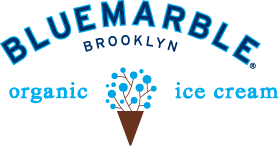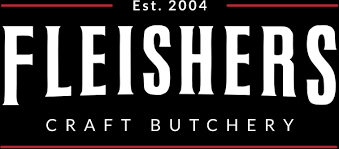Food Justice is Social Justice
2021: A Look Ahead
The year 2020 was instrumental to fostering necessary reflection and change at Slow Money NYC, along with so many of the people in our local and global foodshed and economy.
Our last in-person board meeting was on Monday, March 9, at an office building in Midtown Manhattan. We welcomed new members, reviewed our finances, and discussed plans for a new slate of brainstorming dinners and interactive workshops for food producers, entrepreneurs, and investors. By early evening when we wrapped up, we walked out into nearly empty streets and an uncertain hush as the city awaited news of the travel advisories, school closings, and supply-chain disruptions that would be in place by the end of the week. And these were not the temporary closings that we first assumed.
Luckily, resilience and ingenuity connected many small farmers to urban consumers in new ways when traditional distribution channels were disrupted overnight. But city restaurants and their workers have not been so fortunate: employment in the NYC restaurant industry fell by nearly fifty percent between March and August, and over 1000 local restaurants and bars have shuttered for good.
We are keenly aware that these hardships do not affect all New Yorkers (nor all Americans) equally. Just one of the constant examples that we cannot ignore: the Bronx—the New York City county with the highest percentage of Black, Latinx, and low-income residents—has seen twice the unemployment rate as the entire city and the highest rate of COVID deaths per capita in the city in 2020. As an organization guided by larger movements bringing together green economy, social justice and local resilience to construct a balanced economy that is regenerative rather than extractive, we refuse to ignore inequity at Slow Money NYC and beyond.
In May, we shared our Commitment to Action and Solidarity with our extended community. Here are a few of the initial shifts and practices we worked to adjust:
Implement diversity and inclusion trainings and relevant curriculum for all board members and staff to encourage sustained education and understanding of racism in our food system and beyond
Ensure a diversity of perspectives and backgrounds among invited speakers, featured businesses, and experts at all Slow Money NYC events
Diversify our board to reflect the racial makeup of New York City by January 2021 or halt all activity in our organization in January of 2021 until that goal is achieved. We will develop a targeted effort to seek out black and latino board members, and actively work on inclusion in our professional and personal networks
Prioritize racial justice and food justice in our 2020 events and beyond, starting with a virtual webinar series that highlights how systemic racism impacts different facets of the food system. We promise to highlight relevant organizations in communities of color and Black leadership in these discussions
As we begin a new year, we would like to share what we have accomplished and what work remains to be done:
We prioritize conversations about how to become an antiracist organization on every occasion when we meet as a board, even when those conversations are uncomfortable. We have committees of the board focused on equity and inclusion in board policies, accountability, relationship building, and communications. This is not a topic that can be “settled” or “closed,” and we will continue the discussion through 2021 and beyond. The work is just beginning.
We have established as SMNYC policy that no event hosted by SMNYC will go forward without at least one person of color and one woman or nonbinary person among the organizers, hosts, sponsors, or panelists.
Our valued staff member Gabriella Rodriguez, a Latinx New Yorker whose institutional knowledge of SMNYC is invaluable, joined our board in 2020. We are committed to adding at least three additional board members in 2021, with emphasis on people who reflect the diversity of our local community in and around New York City, specifically Black and Latinx community members with an interest in actively addressing equity and inclusion within SMNYC’s network of investors, entrepreneurs, and other stakeholders in the local food system.
In 2021, Slow Money NYC will use social justice as a lens to focus in on the intersection of impact investing and sustainable local food and agriculture. A major priority for 2021 is creating, and creating access to, non-extractive financial instruments for BIPOC-led local farms and food businesses. Among our updated programming and resources is a planned webinar series emphasizing racial and economic equity for producers, entrepreneurs, and investors in our local foodshed.
We look forward to the days when we can once again, gather together to celebrate and work towards a just and equitable local food system. Until then, we invite all members of our community (that means you) to email info@slowmoneynyc.org with any suggestions you have for events, participants, collaborators, and new initiatives. Best wishes to all for a healthy new year.
————
To read our original statement in full, click here.





